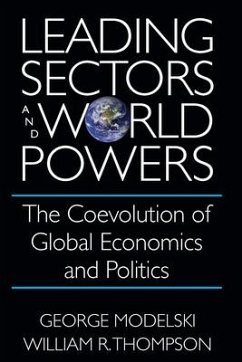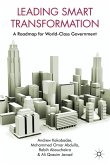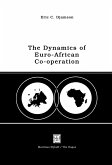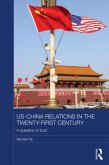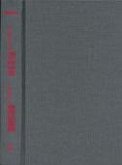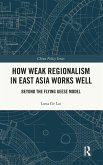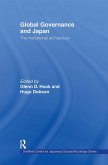The idea that political and economic power moves in coordinated cycles has long intrigued political scientists and political economists, for if a pattern exists in the rise and fall of international political power, a model explaining this pattern gains predictive qualities. In Leading Sectors and World Powers, George Modelski and William R. Thompson venture beyond previous attempts to explain why major powers rise, fall, and fight about their changing status to establish an explicit connection between war, economic innovation, and world leadership. They argue that surges in economic innovation, which in turn are tied to global war, determine leadership in the global system. Modelski and Thompson base their theory on the coordination of long cycles (phases of world order and decay punctuated by intensive bouts of global war) and K-waves (cycles delineating the wax and wane of leading industrial sectors). They contend that K-waves appear in paired sets correlated to long-cycle shifts in political power. Modelski and Thompson conclude by discussing the nature and timing of the next K-wave/long cycle peak, commenting on the relevance of it for U.S. industrial policy and speculating on the possibility of evolving away from this pattern in the near future.
Hinweis: Dieser Artikel kann nur an eine deutsche Lieferadresse ausgeliefert werden.
Hinweis: Dieser Artikel kann nur an eine deutsche Lieferadresse ausgeliefert werden.

